8 of the nation’s leading lawyers discuss impacts of COVID-19 on their practice areas

Image from Shutterstock.com. Photos provided by sources.
U.S. Supreme Court oral arguments by telephone. Courtrooms replaced with living rooms. Civil litigation beset by delays and uncertainties. Criminal defendants’ constitutional protections in need of safeguarding. Individuals’ rights tested by public health concerns.
For lawyers and the legal system, the issues presented by the novel coronavirus have been as novel as the virus itself. The reverberations will be long-lasting—in some cases, forever so.
The ABA Journal talked to some of the leading lawyers in their fields about impacts of the COVID-19 pandemic on their practice areas—both immediate and long term.
Responses have been edited for clarity and length.
 Gloria Allred.
Gloria Allred.
Gloria Allred - Allred, Maroko & Goldberg, Los Angeles
You have been handling discrimination cases your entire career. Have you seen instances of discrimination or other concerning conduct that is tied to the pandemic that is affecting peoples’ rights?
“Our firm has received many inquiries from employees who complain that they are not being allowed to go to work unless and until they are they are tested for the virus. Others have told us that they are not being allowed to return to work unless they disclose prior medical conditions that would make the employee more vulnerable to the virus. Privacy rights and potential HIPAA violations are impacted by these practices. Furthermore, we have seen a spike of questionable, retaliatory ‘layoffs’ of people who had previously complained of employment discrimination and/or unlawful conduct.
We are now doing videos on my Facebook page for the public in both English and Spanish called Know Your Rights. Attorneys from my law firm appear each week on these videos, which I host.”
What have you been able to do to try to minimize disruption and delays to your clients’ litigated cases?
“We have had numerous successful Zoom mediations, rather than in-person mediations. Our litigated cases continue with written discovery but all of our trial dates and motion dates have been continued by the court, which definitely has delayed justice.”
Is it harder to shut down from work at the end of the day when you are working from your home?
“No, because I’m always working, even when I am at home, and even when there is no pandemic. I never shut down from work unless I’m sleeping (which I try not to do unless absolutely necessary)!”
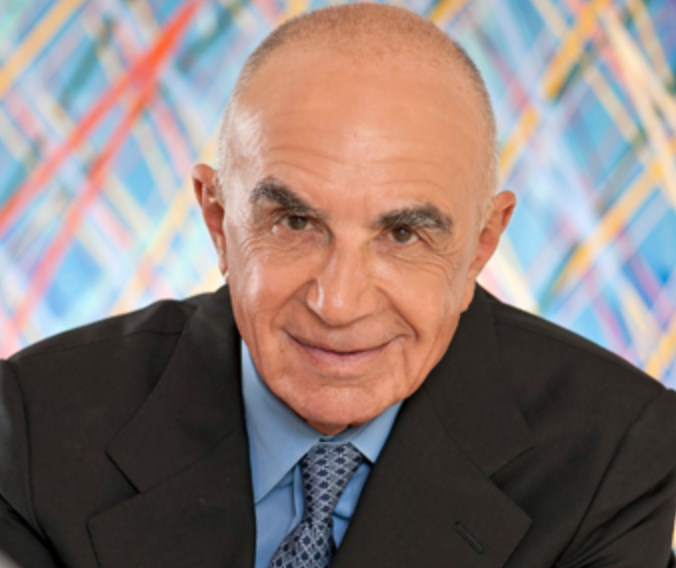 Robert Shapiro.
Robert Shapiro.
Robert Shapiro - Glaser Weil, Los Angeles
Have you seen a willingness of parties to explore settlement of litigation where that had not previously been on the table on account of a concern for delays and unknowns in the judicial system?
“I have—on account of the uncertainties of when and how civil dockets will return to something approaching normal. In particular, litigation strategy has been greatly affected by the uncertainty of when and how civil jury trials can résume, and the large backlog of cases approaching the deadline under California law to bring cases to trial within five years of their filing. I view the increased willingness to use mediation as a big advantage. I find that mediators are being very aggressive in working toward a settlement, particularly where there is insurance coverage.”
What’s your take on the use of video as part of the litigation process and how far can it go?
“The continued use of video, even after civil litigation returns to something approaching normal, has many benefits. With this new normal, lawyers and clients alike are getting used to video communications. The use of Zoom has been particularly effective so far in mediation, with the added bonus of eliminating the cost and time of travel, which benefits all parties. However, while Zoom has been effective for mediation, and seems possible for motion practice and even bench trials, I do not see a clear path to resuming jury trials, except in an in-person courtroom setting.”
What impact has all this time at home had on your life?
“I am living in much the same the way as I did when I was growing up in a middle-class environment. All our dinners are at home, and we have more family time together. For example, I can spend more family time watching Netflix together, which I rarely did before. I am also using lunchtime to work out more regularly and am eating healthier with home-cooked meals. I can even stay up later, since I don’t have to fight early morning traffic to the office or to court.”
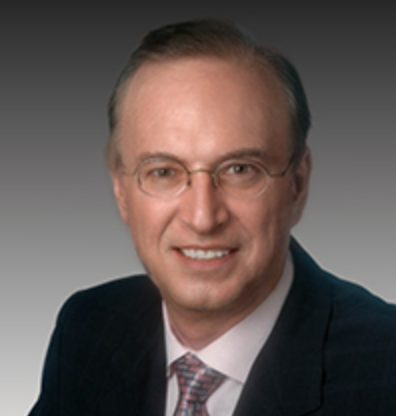 Roy Black.
Roy Black.
Roy Black - Black, Srebnick, Kornspan & Stumpf, Miami
You have spent your career in the courtroom and 45 years teaching future trial lawyers at the University of Miami School of Law. Should trial lawyers be worried about advocacy in the coronavirus era?
“The day you posed this question, the headline in the legal newspaper was—“Is My Lawyer a Robot?” Westworld answered this question—‘Well, if you can’t tell, does it matter?’
Will the casualties of this virus body count include oral advocacy? Do we rebel against ‘the new normal’ or meekly accept it? We are warned to adapt our argument style to the new format—Skype for Business, Zoom or even a cellphone.
Out of necessity the United States Supreme Court sets arguments by telephone, and the Florida Supreme Court goes a step further; they adopt Zoom, with the added bit of images from a drone flown around the courtroom to make it all seem real. Unfortunately it is not.
While the courts must be commended for taking decisive and much-needed action during this health crisis to continue to provide access to justice, once the crisis abates it must not be like this. If the new normal becomes permanent, something powerful and persuasive will be lost without the face-to-face connection between judges and lawyers. The missing part is called advocacy.
I can live with virtual civil discovery hearings, even virtual depositions, but I fear that we are on the slippery slope to trial by video. We know short-term fixes can quickly become long-term changes with the claim that they are a more efficient and cost-effective alternative. Should we accept being reduced to talking heads? Instead of Clarence Darrow stalking the courtroom, the best lawyer will be the one with the strongest Wi-Fi connection and a makeup artist.
I think I will stay home and relax until the human beings show up again.”
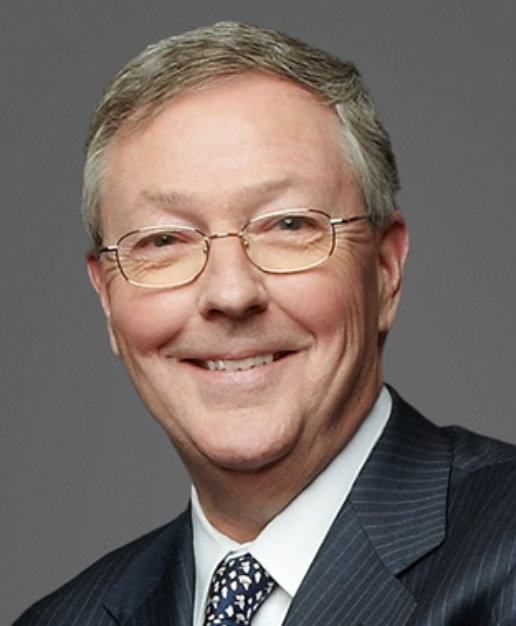 Carter Phillips.
Carter Phillips.
Carter Phillips - Sidley Austin, Washington, D.C.
You’ve argued a jaw-dropping 88 cases before the U.S. Supreme Court. Few are better positioned to render a verdict on SCOTUS’s recent unimaginable experiment—oral arguments by telephone.
“The court adopted the format of having the justices ask questions sequentially, in order of seniority. This eliminated the problem of one justice cutting off another or cutting off an advocate prematurely with another question. But it made the arguments seem stilted to me because there was no real interaction among the justices in the questions they asked beyond the frequent comment that a question was a follow-up to a previous question by one of the other justices.
I think the advocates were able to duck hard questions more easily because the justices were working under time constraints. I admire the chief justice’s (John G. Roberts Jr.) willingness to cut off the advocates in order to keep the arguments within reasonable time limits, but sometimes it seemed to me that a lawyer was getting to the heart of answering one of the justice’s questions and the chief interrupted to invite another justice to ask.
So there was a part of the process that seemed more like a congressional committee hearing, which is not a process I think the court would like to emulate. I do think there were some instances where lawyers were reading answers to questions they had prepared. I cannot prove that, but some responses seemed pretty stiff.
It was a noble experiment and I think the public got some sense of how impressive the justices are during oral argument, including Justice [Clarence] Thomas, and it was great that he participated. I think he dispelled a few misperceptions. But I hope in the fall, the court goes back to the way oral argument should be conducted.”
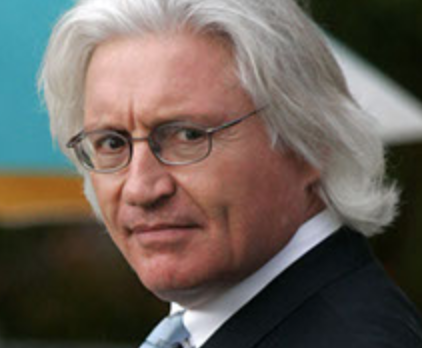 Thomas Mesereau.
Thomas Mesereau.
Thomas Mesereau - Mesereau Law Group, Los Angeles
How have prosecutors and judges fared in protecting defendants’ rights during the government shutdown?
“As I anticipated, the responses to this pandemic by judges and prosecutors have run the gamut of professionalism, compassion and ingenuity. Some judges immediately understood the seriousness of these issues and had no difficulty finding creative solutions to the dangers of the pandemic. Some prosecutors have been equally wise. Unfortunately, other judges and prosecutors have been punitive, insensitive and lacking in judgment. For example, no one convicted of a white-collar crime should face the possibility of a death sentence due to the pandemic. There are plenty of options available, including house arrest, an ankle bracelet, probationary type conditions, etc. We are calling this process in federal court, ‘Compassionate Release.’ We need more judges and prosecutors who are compassionate.”
What issues do you see in criminal cases going forward even after things get back to normal (or some form of normal)?
“One of the major issues going forward will be how to protect a defendant’s rights without needlessly exposing anyone to the virus. In my opinion, the major question will be how to pick a jury and conduct a jury trial. The issue of who this could negatively effect—prosecution or defense—is complicated. I believe that when potential jurors enter a courtroom, they are immediately exposed to an atmosphere that is pro-prosecution. They see bailiffs, police, sheriffs, FBI agents, prosecutors, etc., in an environment that is far from joyous. Conducting a virtual trial may actually assist the defense because a jury will not be so exposed. Presumably, the focus will be on the witness testimony. I am not exactly sure how this will play out and whether or not jury selection will be negatively affected.”
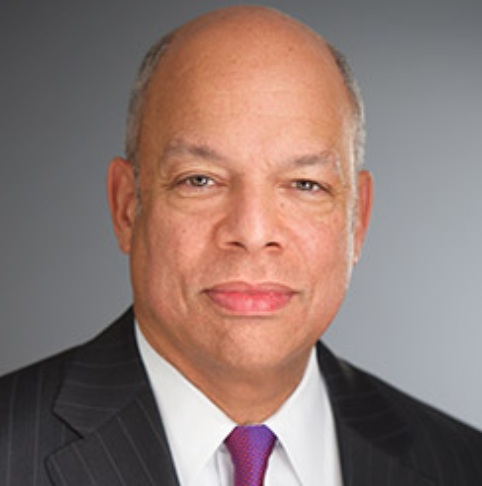 Jeh Johnson.
Jeh Johnson.
Jeh Johnson - Paul, Weiss, Rifkind, Wharton & Garrison, New York
If you were still Secretary of the Department of Homeland Security, what are some of the national security issues that you’d be addressing on account of the pandemic?
“The current COVID-19 crisis would no doubt be the greatest challenge I faced in public service. Unlike other disasters, terror or cyberattacks, this one is nationwide, and touches every corner of American life. In a crisis like this, the principal role of the federal government would be marshaling, coordinating and deploying of resources—PPE, test kits, ventilators—to the communities that need them the most. In that effort, FEMA would be the centerpiece. If I were still in office I’m quite sure I’d be focused, day and night, on overseeing that effort, while monitoring travel and immigration to contain the spread of the virus. By now I suspect I’d be an amateur health expert on COVID-19. All the while, I’d be watching for the outbreak of other crises on the homeland. While the nation is absorbed in one, we are not immune from another—related or unrelated.”
You have made numerous appearances on the national news, lending your voice to how we can get through these challenging times. What are some of the books I’ve seen on the shelf behind you?
“Those of us who do national TV interviews from home feel obliged to show off our book collection. I carefully inspect all of them. Authors Robert Caro, David McCullough and Doris Kearns Goodwin are favorites among the political class.”
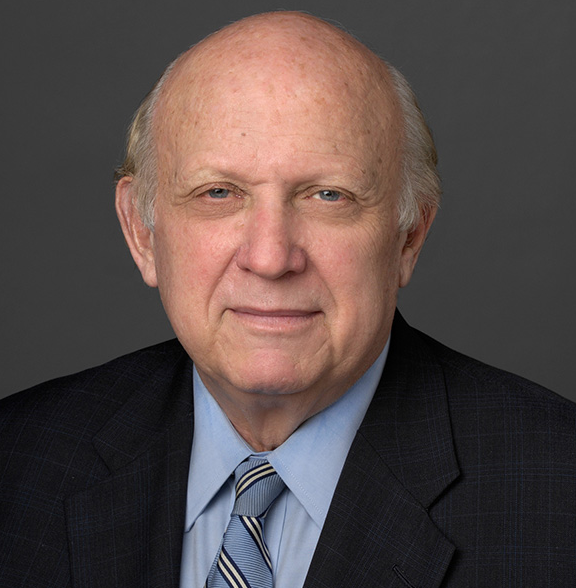 Floyd Abrams.
Floyd Abrams.
Floyd Abrams - Cahill Gordon & Reindel, New York
What are some of the impacts of the COVID-19 pandemic for the First Amendment and media lawyers?
“For lawyers who advise media clients, an extended period out of the office not only requires continuing focus on ongoing litigations and other pending matters but on keeping abreast of two topics of particular First Amendment impact.
The first of these is what the president chooses to say about the press generally and, more specifically, about any ongoing or potential clients. What the president says matters, even if he has said it before. Lawyers for the press would do their clients a disservice not to listen carefully to exactly what potential judges and jurors may hear.
At the same time, media lawyers, even from home, would do well to continue to follow ongoing litigations challenging aspects of steps taken by governors around the nation in an attempt to limit the harm of the tragic coronavirus pandemic. Some of those challenges are likely without merit. Limitations on the amount of people who can gather together and how closely they may stand will in all probability be upheld. But flat bans on protests in public parks, even in a time of greatest stress, will in all likelihood not prevail. Whatever the ultimate results in these litigations, the amount of which is likely to increase significantly, they will affect the scope of the First Amendment and should be of particular import to all lawyers who practice in that area.”
What is a lawyer who is used to being at the office to do at home?
“Watch a lot of movies. And skip a lot of others. I do some work at home but can’t tell you how often I’ve watched In the Line of Fire, The Queen and, of course, My Cousin Vinny and how familiar so many of the lines in them are to me. There’s something else you can do. You could read a book.”
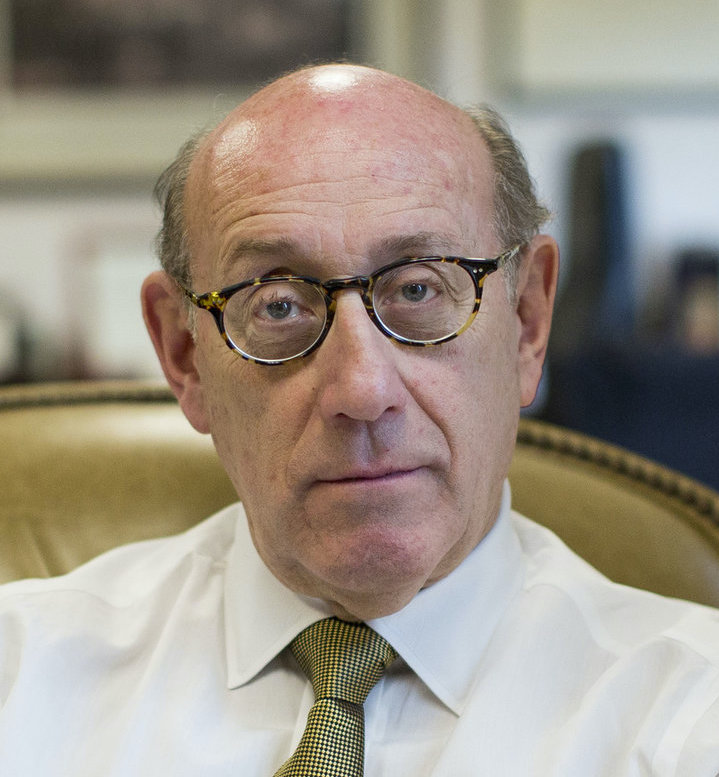 Kenneth Feinberg.
Kenneth Feinberg.
Kenneth Feinberg - The Law Offices of Kenneth R. Feinberg, Washington, D.C.
Have you been able to keep the various compensation funds that you are handling on track during this crisis?
“Courtrooms are closed and future schedules remain uncertain. Meanwhile, voluntary administrative claims programs outside of the courts—involving church sexual abuse victims and claims arising out of the Boeing airplane accidents in Malaysia and Ethiopia—continue to work effectively. Claims are submitted online and are processed by the administrators without the necessity of face-to-face meetings. Claimants requesting a hearing are permitted to telephone or engage in video conferencing. Millions of dollars are being paid to eligible claimants.”
If COVID-19 litigation puts an impossible burden on the court system, alternative solutions will be needed. What are some things that could be done to get large numbers of claims resolved? Call Judge Jack Weinstein would be the easiest answer! But since Judge Weinstein has now finally retired (age 98), I’m turning to the man who learned from the master of getting cases resolved.
“Various alternatives might address this anticipated litigation: laws immunizing potential defendants from civil liability; consolidation of all coronavirus litigation in one designated court; and a series of class actions. There is also an additional approach—a National Coronavirus Compensation Fund, similar to the successful September 11 Victim Compensation Fund, which would provide litigants with a voluntary alternative to the courtroom. Claimants would have the option of receiving generous pubic taxpayer compensation, but only if the litigant waived the right to sue. The current pandemic will, of course, impact the rule of law and our adversary system. How the courts and policymakers respond will constitute a new and challenging chapter in resolving disputes.”
Randy Maniloff is a lawyer at White and Williams in Philadelphia and an adjunct professor at the Temple University James E. Beasley School of Law. He runs the website CoverageOpinions.info.



